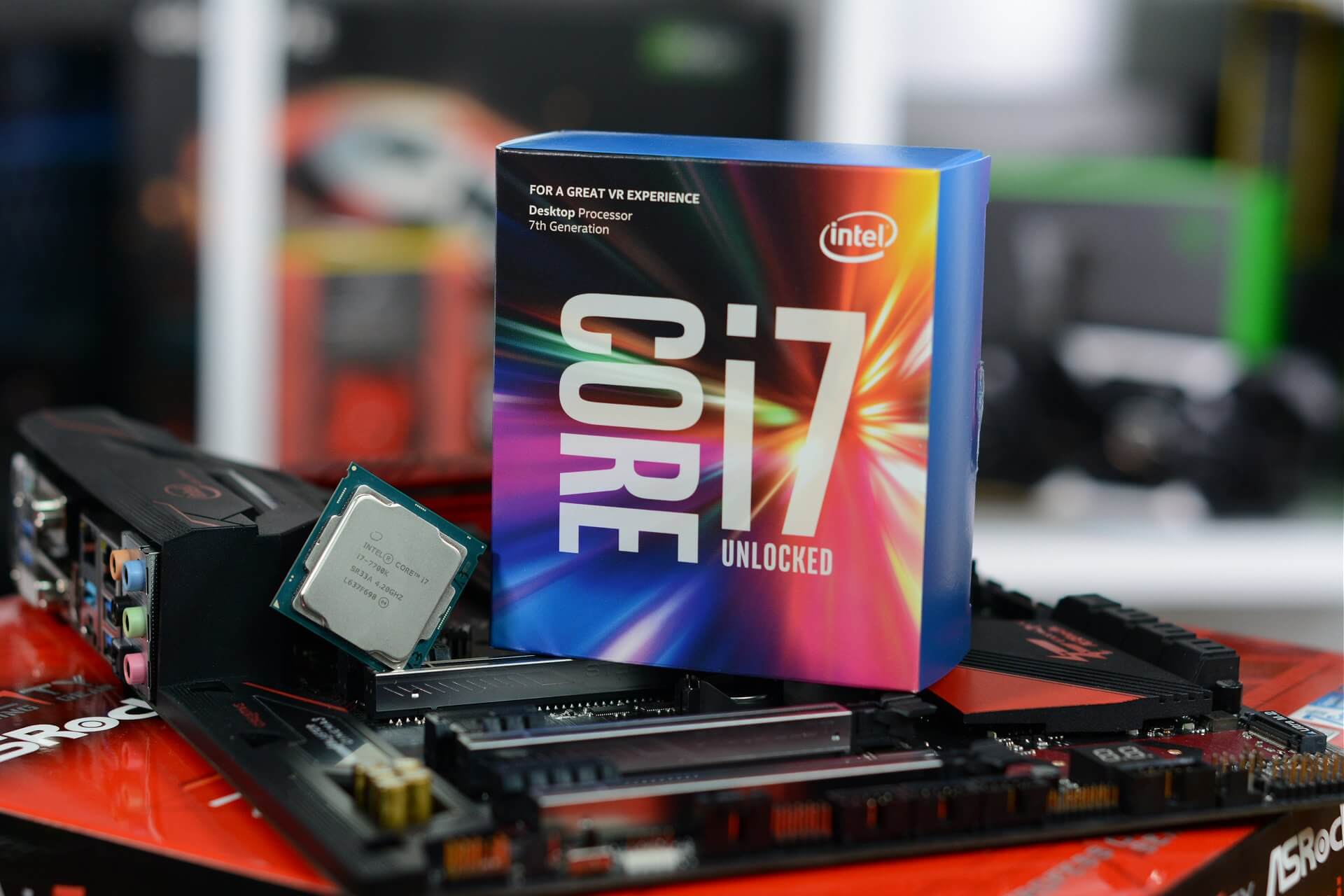Nice, 1800x crushing it in workload applications. That's the main reason I went with Ryzen, the fact that its great for gaming too is just a plus.
Ten or so frames less in a couple games I don't play anyway was of no importance to me.
Mind you, this test has GPU bottleneck situations (even with a RTX 2080ti at 1080p ultra settings, there are 100% GPU usage scenarios on most of the games tested). If he tested Apex Legends, Counter Strike, Dota, Black Ops 4, Quake Champions, Pubg, Battalion etc with low/medium settings 1080p, I am sure the differences would be even higher. These are the most played games according to twitch, except quake, that´s why I mentioned them. The 7700k is a great gaming CPU and feeds a 165hz/240hz very well.
I was surprised that it performed better on Assassins Creed wich uses a lot of threads, and Battlefield V too. Wasn´t expecting those results against a 8c 16 t processor. It completly destroys the theory that you should always opt for more core count instead of raw IPC performance.
Also I might add, pairing 3200 CL14 ram wasn´t the best decision imo. By 2017 those sticks cost a lot of money, but that´s not the biggest issue here; On the first months, maybe first year, using 3200 CL14 on Ryzen platform was a challenge, Most boards simply wouldn´t accept that speed and latency, 3000mhz was the max for some time.
